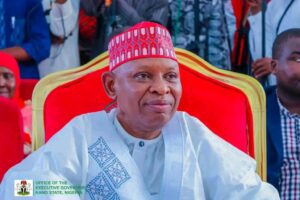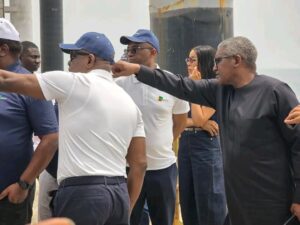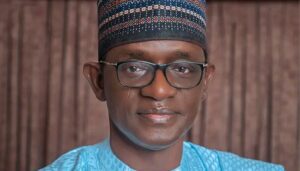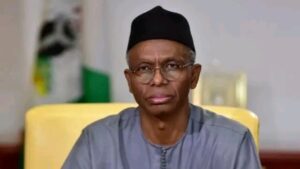Shehu Sani Slams W’Bank For Advising Nigeria To Raise Taxes
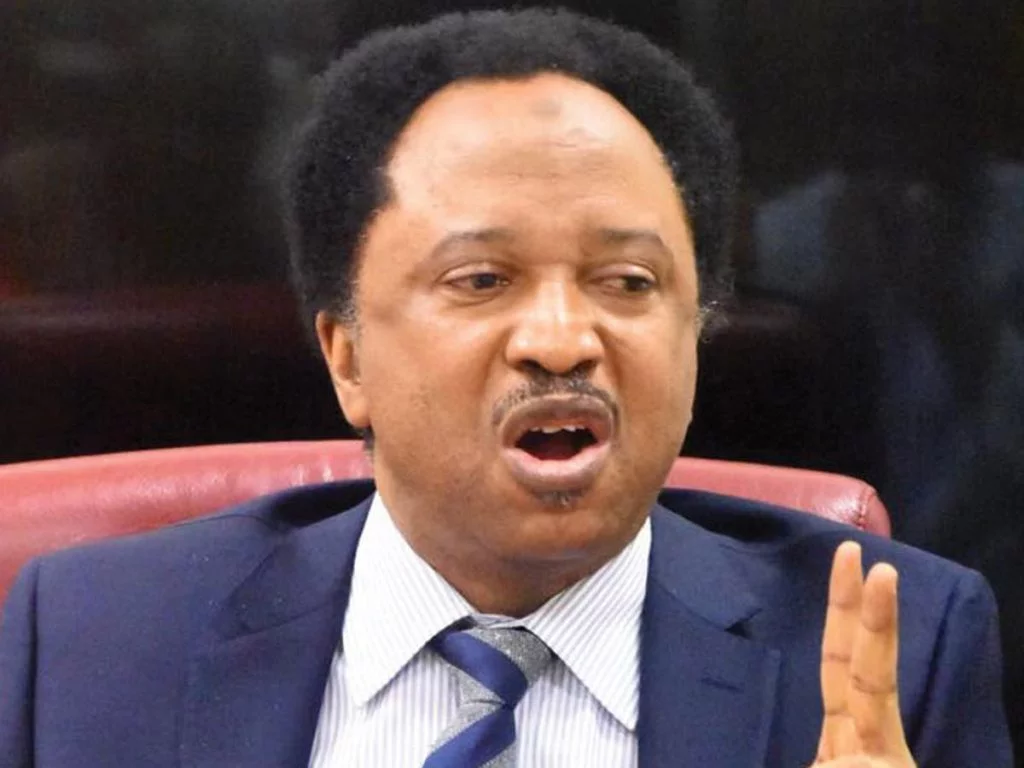
Former Kaduna Senator, Shehu Sani, has accused the World Bank of being insensitive and irresponsible in its advice to the Nigerian government to raise taxes and withdraw subsidies on petrol.
He said that the World Bank’s recommendations were aimed at imposing more hardship on Nigerians who are already suffering from poverty and insecurity.
Sani made his remarks in a statement issued on Friday. He said that the World Bank had alerted about poverty levels rising to 104 million out of a population of 223 million, as a result of the rise in the cost of living brought about by the economic reforms.
READ ALSO: W’Bank Is A Bunch Of Evil, Heartless Control Freaks – Fani-Kayode
He said that the World Bank kingpins comfortably sit in their office and think of the economy as a game of chess and not about people, their families and their lives.
He added that at present, the government is managing a grenade with care and now telling it to remove the pin. He wondered where would the World Bank be if the country is plunged into further chaos in a nation currently battling with security challenges.
Sani also criticized President Bola Ahmed Tinubu for removing fuel subsidy and unifying exchange rate, saying that these measures were not enough to address the root causes of inflation and economic instability.
He urged President Tinubu to adopt more inclusive and sustainable policies that would create jobs, reduce poverty, improve infrastructure, enhance social protection and promote regional integration.
He also called on Nigerians to resist any attempt by any external or internal actor to undermine their sovereignty and dignity.
He said, “The World Bank is insouciantly telling Our Nigerian Government to raise taxes, withdraw subsidies on everything and just increase the price of PMS known as petrol.
“It’s the same World Bank that alerted about poverty levels rising to 104 million out of a population of 223 million, as a result of the rise in the cost of living brought about by the economic reforms.
“The World Bank kingpins comfortably sit in their office and think of the economy as game of Chess and not about people, their families and their lives.
“At present, the Government is managing a Grenade with care and now telling it to remove the pin. Where would the World Bank be if the country is plunged into further chaos in a nation currently battling with security challenges?”
Sani’s statement comes amid growing public discontent over rising prices of food items, electricity, transport fares and other commodities. The National Bureau of Statistics reported that inflation rose to 25.8% in August 2023 from 23.2% in July. The Central Bank of Nigeria also increased its policy rate by 200 basis points from 12% to 22% in September to curb inflationary pressures.
The World Bank has been supporting Nigeria’s economic recovery efforts since 2015 through various projects and programs. In June 2021, it released its Nigeria Economic Update: Resilience through Reforms report, which recommended policy options that can help reduce inflation and protect poor households from its impacts. Some of these options include increasing transparency and predictability of exchange rate management policies; clearly defining monetary-policy priorities; resuming open-market operations; reopening land borders for trade; facilitating imports for staple foods and medicines; establishing mechanisms to monitor government stock of CBN overdrafts; eliminating petrol subsidy; mobilizing domestic nonoil revenue; strengthening public services; improving business environment; increasing fiscal consolidation; reducing insecurity; enhancing regional cooperation.
However, some critics have argued that these reforms are not enough or too late to address Nigeria’s structural problems such as corruption, poor governance, weak institutions, low human capital development, high unemployment rate, low foreign direct investment, low export diversification. They have also questioned the effectiveness and accountability of some World Bank projects such as Power Sector Recovery Project, Transmission Network Upgrading Project, Rural Electrification Project, Social Investment Program.


